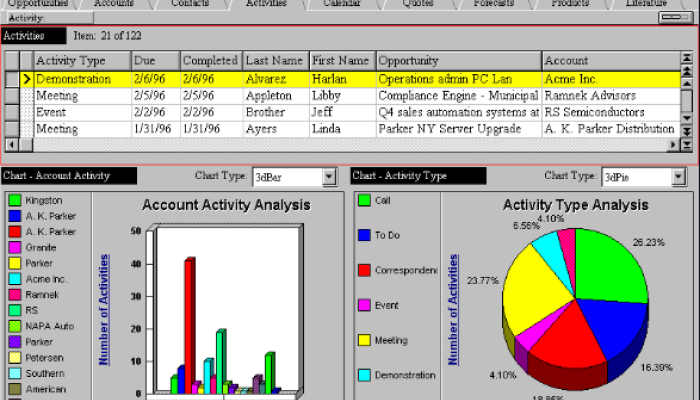
The language you use during sales conversations (and throughout life really) can change the way you're perceived. While of course the product or service you’re selling matters, how you present it through carefully chosen words can significantly impact your success rate. “Power words” are words that trigger a strong emotional response and can help you subtly persuade prospects. Here's a guide on which power words to use (and when to use them) during sales meetings:
Building Personal Connection
The most successful sales conversations start by establishing a genuine connection. Using your prospect's name strategically throughout the conversation creates an immediate bond. Our brains are naturally wired to respond to our own names, making this simple technique surprisingly useful. But beware of overdoing it — if it feels like you're forcing it by starting every sentence with their name, then it won’t feel natural and they’ll most likely catch on that you might be trying to manipulate them.
Instead of talking too much about yourself, your company, and your product by using words like “we” or “I,” try to incorporate "you" and "your" frequently to keep the conversation focused on the prospect's needs. This subtle shift makes discussions more engaging and shows you're truly focused on them, not yourself and your end goals.
Creating Vision and Value
The word "imagine" is particularly powerful when helping prospects envision future success. When you say "Imagine reducing your team's workload by 50%," you're not just stating a benefit — you're helping them visualize a better future.
Value-focused words like "advantage" and "benefit" help frame your solution in terms of concrete gains. The key is backing these words with specific, relevant examples. For instance, instead of saying "This offers great value," try "This gives you the advantage of reaching 40% more customers with the same effort."
Building Trust and Credibility
Trust-building words can significantly impact how prospects perceive your offering. "Proven" and "guaranteed" are powerful when used authentically and backed by real evidence. Rather than making empty claims, pair these words with specific success stories or data points.
The phrase "I understand" demonstrates empathy and shows you're truly listening. However, even more powerful is admitting when you don't know something. "Let me find out" is much better for building trust than pretending to know everything.
Creating Positive Momentum
Positive power words drive conversations forward. "Results" and "success" help prospects think about positive outcomes rather than getting lost thinking about all the moving parts that need to come together to reach their goals.
The word "because" is particularly effective when explaining benefits. People are more likely to accept proposals when given a reason, even if it's obvious. For example: "This solution is ideal for you because it directly addresses your team's productivity challenges."
Handling Objections Elegantly
When addressing concerns, replace "but" with "and" to maintain positive momentum. Instead of "This costs more but offers better quality," try "This costs more and delivers better long-term value."
When the prospect (undoubtedly) has a price objection, try using the word "investment" rather than "cost" or "price" to shift the conversation from expense to value. Similarly, "opportunity" can replace "problem" when discussing challenges to keep the dialogue positive.
—
The key to using power words effectively is authenticity. Every word should be backed by genuine value and real capability. When combined with active listening and a true understanding of your prospect's needs, power words can help you establish authority, build rapport, and push your prospect closer to signing on the dotted line.







